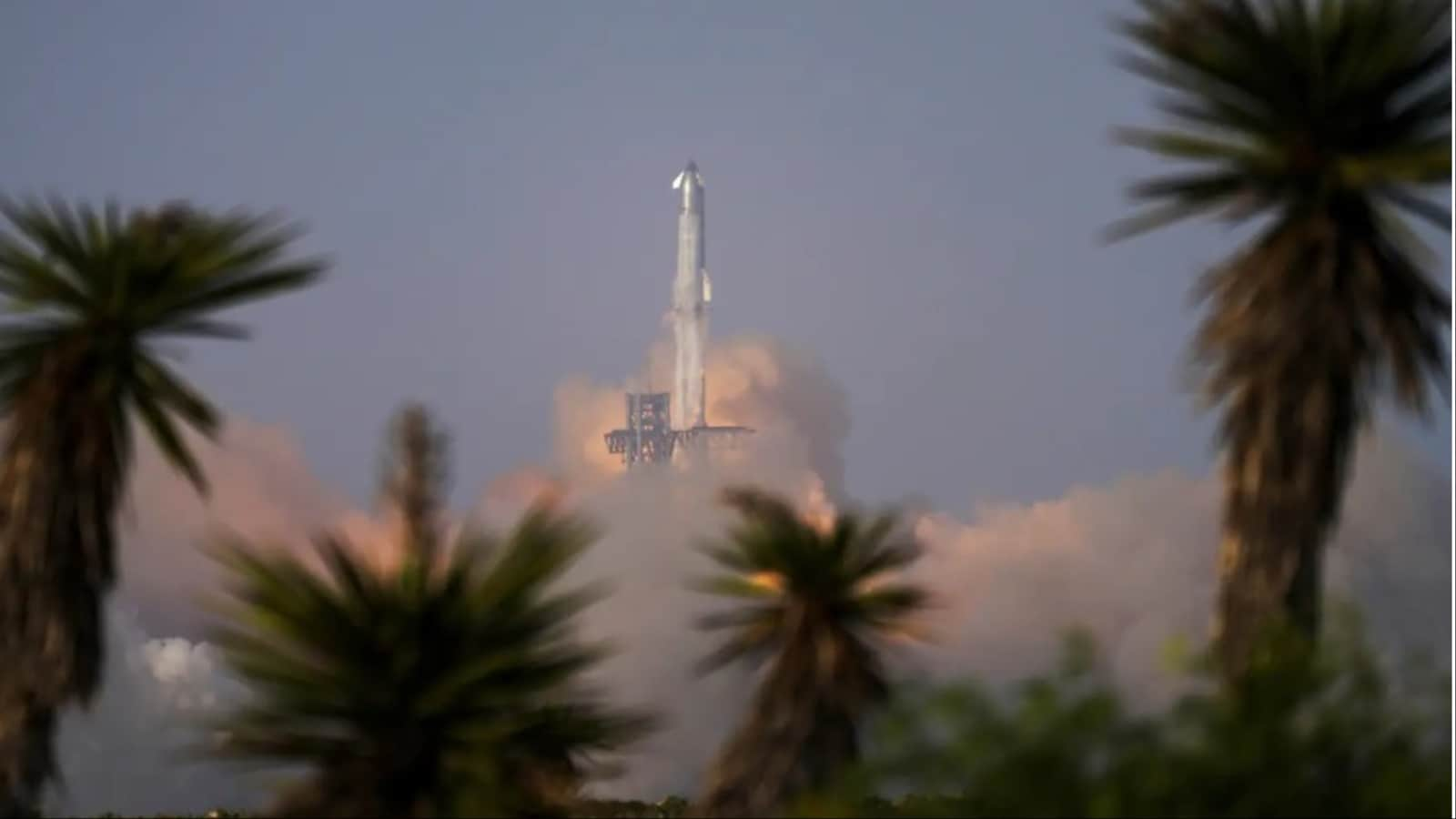ARTICLE AD BOX
Last Updated:May 27, 2025, 23:51 IST
After Operation Sindoor, there is a renewed urgency to scale up production and delivery of advanced fighter jets, said defence officials

US-based GE Aerospace supplies engines for IAF’s Tejas MK-1 fighter jets to HAL in current scenario | File Image/IAF
India is exploring a possible collaboration with French aerospace giant Safran to develop jet engines for its next-generation Tejas Mk-2 light combat aircraft.
While US-based GE Aerospace currently provides the F404-IN20 engines powering the Tejas Mk-1, supply delays have disrupted delivery schedules, creating challenges for Hindustan Aeronautics Limited (HAL) and slowing the Indian Air Force’s efforts to strengthen its fighter fleet, senior defence officials told Moneycontrol.
The delays have prompted India to reassess its options and seek additional partnerships that could speed up domestic engine development, they added.
The Indian Air Force (IAF), which aims to operate 42 fighter squadrons, currently has just 31 active.
Following the heightened security challenges after Operation Sindoor, there is a renewed urgency to scale up production and delivery of advanced fighter jets, said the officials, adding that defence planners are now prioritising alternatives to ensure engine availability and reduce dependence on any single supplier.
The strategic reassessment also stems from concerns about the consistency of foreign technology transfers and supply chains. “All viable options are being evaluated to meet the IAF’s growing needs," a senior official told Moneycontrol.
India’s indigenous fighter program began gaining momentum with the IAF’s first Tejas Mk-1 order in 2009-10, comprising 40 aircraft (32 fighters and 8 trainers).
A second, much larger order for 83 Tejas Mk-1A jets was signed in 2021, valued at ₹48,000 crore. Deliveries were initially scheduled to begin in mid-2024, but delays in engine shipments from GE have pushed back timelines.
GE has delivered one of the 99 F404 engines contracted in 2021, on top of the 65 engines supplied earlier for the Mk-1 fleet. The more advanced F414 engines—also from GE—are designated to power the Tejas Mk-2 variant and India’s future fifth-generation Advanced Medium Combat Aircraft (AMCA).
However, recurring delays and strategic concerns have brought Safran into focus as a potential partner, the officials said. If discussions succeed, the French firm may be involved in developing engines specifically for the Tejas Mk-2 platform.
Future-Ready: The Tejas Mk-2
The Tejas Mk-2, a 4.5-generation fighter weighing approximately 17.5 tonnes, is slated to eventually replace ageing aircraft in the IAF fleet, including the Mirage-2000, Jaguar, and MiG-29. It promises greater range, payload, and versatility than its predecessor, making timely engine development critical.
Officials noted that diversifying partnerships is not only about avoiding supply bottlenecks but also about acquiring the technical expertise necessary to build engines domestically.
This aligns with India’s broader goal under the “Aatmanirbhar Bharat" initiative to reduce reliance on imported defence hardware.
As India balances growing security imperatives with industrial ambition, a partnership with Safran—if finalised—could mark a turning point in the country’s journey toward self-sufficiency in combat aviation.
- Location :
- First Published:
News india India Explores Engine Deal With France’s Safran For Advanced Tejas Mk2 Fleet



.png)
.png)
.png)
















 1 week ago
9
1 week ago
9








 English (US) ·
English (US) ·